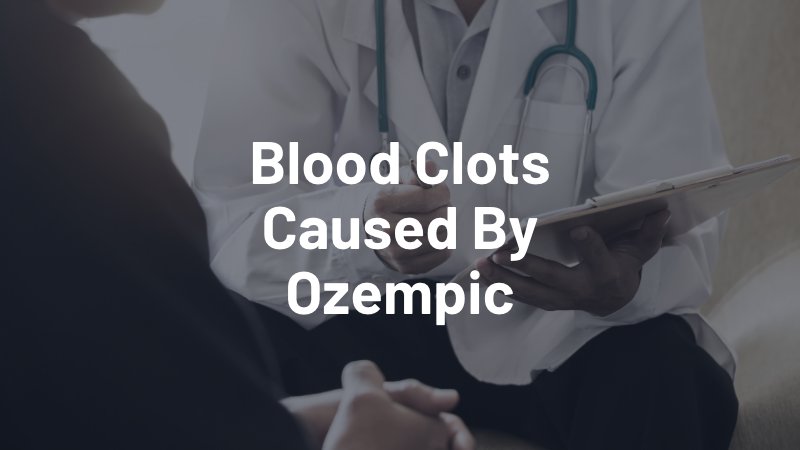Can Ozempic Cause Blood Clots?
Ozempic, a prescription medication containing the active ingredient semaglutide, has become widely prescribed for managing type 2 diabetes and promoting weight loss. This injectable drug works by mimicking hormones that regulate blood sugar and slow digestion, helping patients achieve better glucose control and significant weight reduction. However, emerging research suggests that Ozempic users may face an unexpected and serious health risk: an increased likelihood of developing dangerous blood clots.

The Link Between Ozempic and Blood Clots
Recent scientific evidence has revealed a concerning connection between Ozempic use and blood clot formation. A 2021 study published in The Endocrine Journal analyzed data from 21 randomized trials involving over 26,000 participants. Researchers found that patients taking semaglutide faced a 266% increased risk of developing deep vein thrombosis compared to those using other treatments.
There are many reasons why Ozempic may increase clotting risk. The drug can cause gastrointestinal side effects, including severe diarrhea and vomiting, which can lead to dehydration. This condition may thicken your blood and promote clot formation. The medication’s impact on rapid weight loss may trigger physiological changes that affect your body’s natural clotting balance. Additionally, semaglutide appears to influence blood vessel function and alter normal blood flow patterns, although researchers are still exploring these effects.
Warning Signs of a Blood Clot
Recognizing blood clot symptoms could save your life, especially if you are taking Ozempic. Blood clots often develop silently before producing noticeable symptoms. Watch for these critical warning signs:
- Sudden swelling in one leg, especially the calf or thigh
- Persistent pain or tenderness in your leg that worsens with walking
- Warm skin temperature in the affected area
- Red or discolored skin on your leg
- Sudden shortness of breath or difficulty breathing
- Sharp chest pain that worsens with deep breathing
- Rapid or irregular heartbeat
- Lightheadedness or fainting spells
- Coughing up blood
The Health Risks Associated with Blood Clots
Blood clots are dangerous because they can lead to two life-threatening complications: deep vein thrombosis and pulmonary embolism. Both conditions can lead to death without emergency medical attention.
Deep vein thrombosis occurs when clots form in your leg’s deep veins, causing pain, swelling, and discoloration. The greatest danger lies in the clot’s potential to break free and travel through your bloodstream to your lungs, creating a pulmonary embolism. This prevents oxygen from reaching vital tissues.
Have You Developed Blood Clots While Taking Ozempic?
If you or a loved one experienced blood clots while taking Ozempic, you may have grounds for legal action against the manufacturer. Pharmaceutical companies have a responsibility to adequately warn patients and healthcare providers about serious side effects, and emerging evidence suggests this critical information wasn’t properly communicated.
According to specialized Ozempic lawyers, people who took Ozempic regularly and subsequently developed a deep vein thrombosis may be eligible for legal action. Families who lost a loved one due to deep vein thrombosis or pulmonary embolism may also qualify. Additionally, patients are filing lawsuits for other risks of Ozempic that the manufacturer failed to warn them about, such as gastroparesis or stomach paralysis.
The only way to know if you qualify for an Ozempic lawsuit is to speak with an Ozempic attorney representing these claims. An experienced product liability lawyer can assess your medical records, explain the ongoing lawsuits, and help you join the litigation. Schedule a free legal consultation and explore your next steps today.
